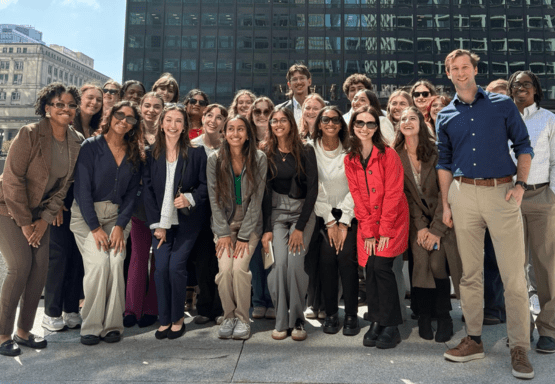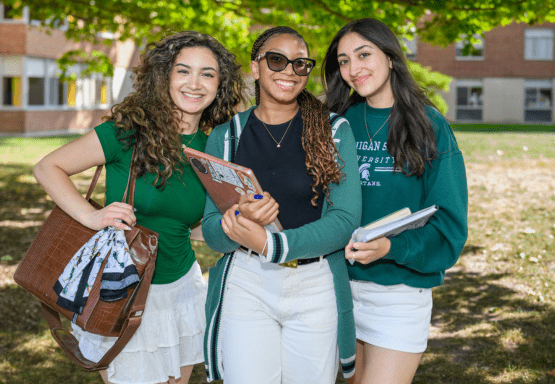Examples of Senior Seminars
One of the most pressing issues in the global world today remains that of the involuntary movement of people, of ‘displaced persons’. Whether wrought by natural disasters, such as tsunamis or earthquakes, by war or ethnic conflicts, or by policies towards urbanization, displacement is often linked to human suffering, and always connected to national and transnational politics. Not surprisingly, scholars in a wide range of fields (anthropology, geography, cultural studies, and economics) have noted the importance of ‘seeing’ to cultural perceptions of and public responses to displacement. Not only do visual images and narratives elicit emotional responses, visuality itself structures political action within the global arena.
This seminar engages students in the interdisciplinary study of visuality and ‘displacement’. We will begin by situating displacement and visuality in theoretical and historical perspectives, paying particular attention to the ways in which images and narratives have figured postcolonial subjects and projects. We will then query how dominant modes of visuality intersect concrete responses to displacement: how visuality is connected to power relations as made manifest in international, national or local policies. To this end we will consider together three contemporary case studies: the ongoing crisis in Darfur, Sudan; the movement of indigenous people in Brazil; and, processes of urbanization in China.
Some of the key questions that will be considered are: How is displacement constituted? How do technologies of visuality render subjects ‘visible’ or ‘invisible’ in the global field? Who has access to such technologies? Are institutions, such as the schools or the media, implicated in the production and circulation of ‘displaced persons’? Can displaced groups engage in similar production? What are the relationships between visuality and global capitalism? What are the relationships between governmental, nongovernmental or humanitarian organizations policies towards displaced persons in our three cases and visual culture?
As in all capstone experiences, student research will provide insights into additional cases that illuminate the importance of visuality to understanding cultural politics in a global world.
The purpose of this seminar is to examine the intersection and conflict between sex and law in a liberal democracy - in particular in US liberal democracy. In order to examine this problem we will look closely at a range of materials. First, we will refer to a number of writings of liberal theorists to provide a theoretical framework for our review of subsequent court decisions. Second, we reflect on some feminist critics of liberalism in order to broaden our context. Finally and perhaps the most obvious, we will read from the evolving body of court decisions, primarily US Supreme Court but also some state, circuit, and district court decisions that are weighing in on this subject matter.
One of the most interesting aspects of this area of law is that it cuts across so many other areas of law. In our study of the problem of sex and law, we will find ourselves confronting issues of federalism, freedom of expression, due process, equal protection and the commerce clause. Hence we enter into a varied and complex area of the law. Among the questions we will examine are: Should sexual matters be regulated? If so, which branch and level of government is the proper authority to regulate sexual matters? To what extent should sexual matters be regulated? Is there a right to privacy? If so, to whom does it extend and is it absolute? What is a family? What is a marriage? Is pornography a form of free expression? If so, should it be protected under the First Amendment and to what extent? As the capstone experience in your studies at MSU, the seminar will draw on and hone all of the skills you have been developing during the past few years - writing, research, listening and speaking skills. Each student will run a seminar session and will critique each other's work.
From 1995 to 2003, the government of South Africa, sought to address the atrocities of the apartheid regime, through Truth and Reconciliation Commission. In 2005, the town of Greensboro North Carolina commissioned a body to address the effects of a civil rights clash that resulted in the deaths of a number of demonstrators in 1979. In Northern Ireland, the European Union has supported numerous efforts to promote ethnic reconciliation through a special support program. These kinds of commissions and programs signal a new repertoire in efforts to heal the effects of protracted racial and social conflicts. But these are not the only public responses to repair the past or atone for longstanding injury: official apologies, reparations, commemorative markers and museums all attest to the global importance of public responses to historic injustice and ongoing intolerance. But none of these initiatives come without controversy and contention over their purpose, impact, utility and value
This seminar examines the cultural politics involved in initiatives to foster tolerance and reconciliation. Can commissions on forgiveness actually create conditions that make reconciliation possible? What does it mean to face history? Does it require reparations? Apologies? Who is responsible? How can long standing grievances be addressed and repaired? What are the effects of cultural initiatives to foster greater communication and interaction among groups that have been in conflict? Can we really teach tolerance? And why are such cultural and political initiatives so rampant in the twenty-first century? Is looking at the past a way of avoiding the future or is it a necessary step to the future?
Together, we will look at efforts at reconciliation in the post-conflict South Africa and Northern Ireland and post-civil rights United States. But students may take up other case studies and other domains for the promotion of tolerance (e.g. sexuality, gender, disability) in their research.
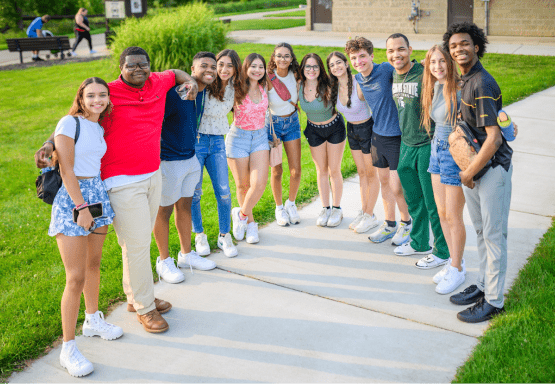
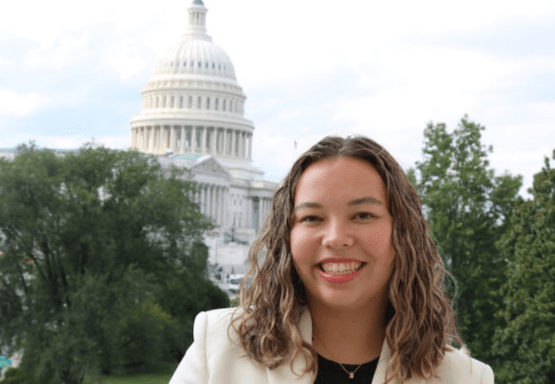
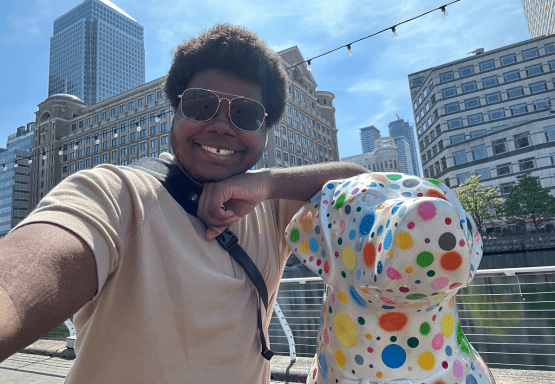
.png?h=384&iar=0&w=555)
